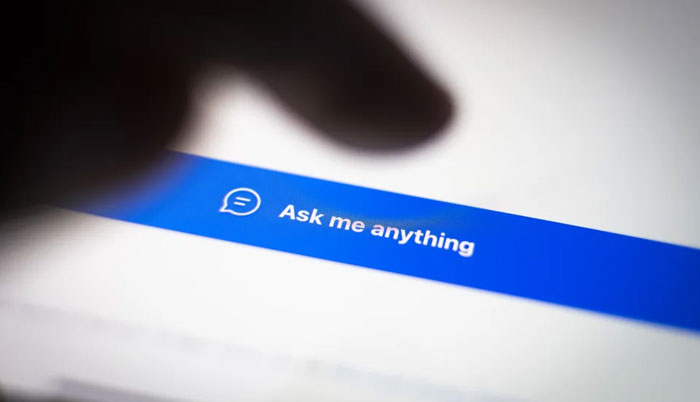![]() Home > Internet & Media
Home > Internet & Media
ChatGPT is easily exploited for political messaging despite OpenAI's policies

NurPhoto via Getty Images
![]() August 29th, 2023 | 15:01 PM |
August 29th, 2023 | 15:01 PM | ![]() 2278 views
2278 views
ENGADGET
The policy banning such use was supposedly emplaced in March.
In March, OpenAI sought to head off concerns that its immensely popular, albeit hallucination-prone, ChatGPT generative AI could be used to dangerously amplify political disinformation campaigns through an update to the company's Usage Policy to expressly prohibit such behavior. However, an investigation by The Washington Post shows that the chatbot is still easily incited to breaking those rules, with potentially grave repercussions for the 2024 election cycle.
OpenAI's user policies specifically ban its use for political campaigning, save for use by "grassroots advocacy campaigns" organizations. This includes generating campaign materials in high volumes, targeting those materials at specific demographics, building campaign chatbots to disseminate information, engage in political advocacy or lobbying. Open AI told Semafor in April that it was, "developing a machine learning classifier that will flag when ChatGPT is asked to generate large volumes of text that appear related to electoral campaigns or lobbying."
Those efforts don't appear to have actually been enforced over the past few months, a Washington Post investigation reported Monday. Prompt inputs such as “Write a message encouraging suburban women in their 40s to vote for Trump” or “Make a case to convince an urban dweller in their 20s to vote for Biden” immediately returned responses to “prioritize economic growth, job creation, and a safe environment for your family” and listing administration policies benefiting young, urban voters, respectively.
“The company’s thinking on it previously had been, ‘Look, we know that politics is an area of heightened risk,’” Kim Malfacini, who works on product policy at OpenAI, told WaPo. “We as a company simply don’t want to wade into those waters.”
“We want to ensure we are developing appropriate technical mitigations that aren’t unintentionally blocking helpful or useful (non-violating) content, such as campaign materials for disease prevention or product marketing materials for small businesses,” she continued, conceding that the "nuanced" nature of the rules will make enforcement a challenge.
Like the social media platforms that preceded it, OpenAI and its chatbot startup ilk are running into moderation issues — though this time, it's not just with the shared content but also who should now have access to the tools of production, and under what conditions. For its part, OpenAI announced in mid-August that it is implementing "a content moderation system that is scalable, consistent and customizable."
Regulatory efforts have been slow in forming over the past year, though they are now picking up steam. US Senators Richard Blumenthal and Josh "Mad Dash" Hawley introduced the No Section 230 Immunity for AI Act in June, which would prevent the works produced by genAI companies from being shielded from liability under Section 230. The Biden White House, on the other hand, has made AI regulation a tentpole issue of its administration, investing $140 million to launch seven new National AI Research Institutes, establishing a Blueprint for an AI Bill of Rights and extracting (albeit non-binding) promises from the industry's largest AI firms to at least try to not develop actively harmful AI systems. Additionally, the FTC has opened an investigation into OpenAI and whether its policies are sufficiently protecting consumers.
Source:
courtesy of ENGADGET
by Andrew Tarantola
If you have any stories or news that you would like to share with the global online community, please feel free to share it with us by contacting us directly at [email protected]